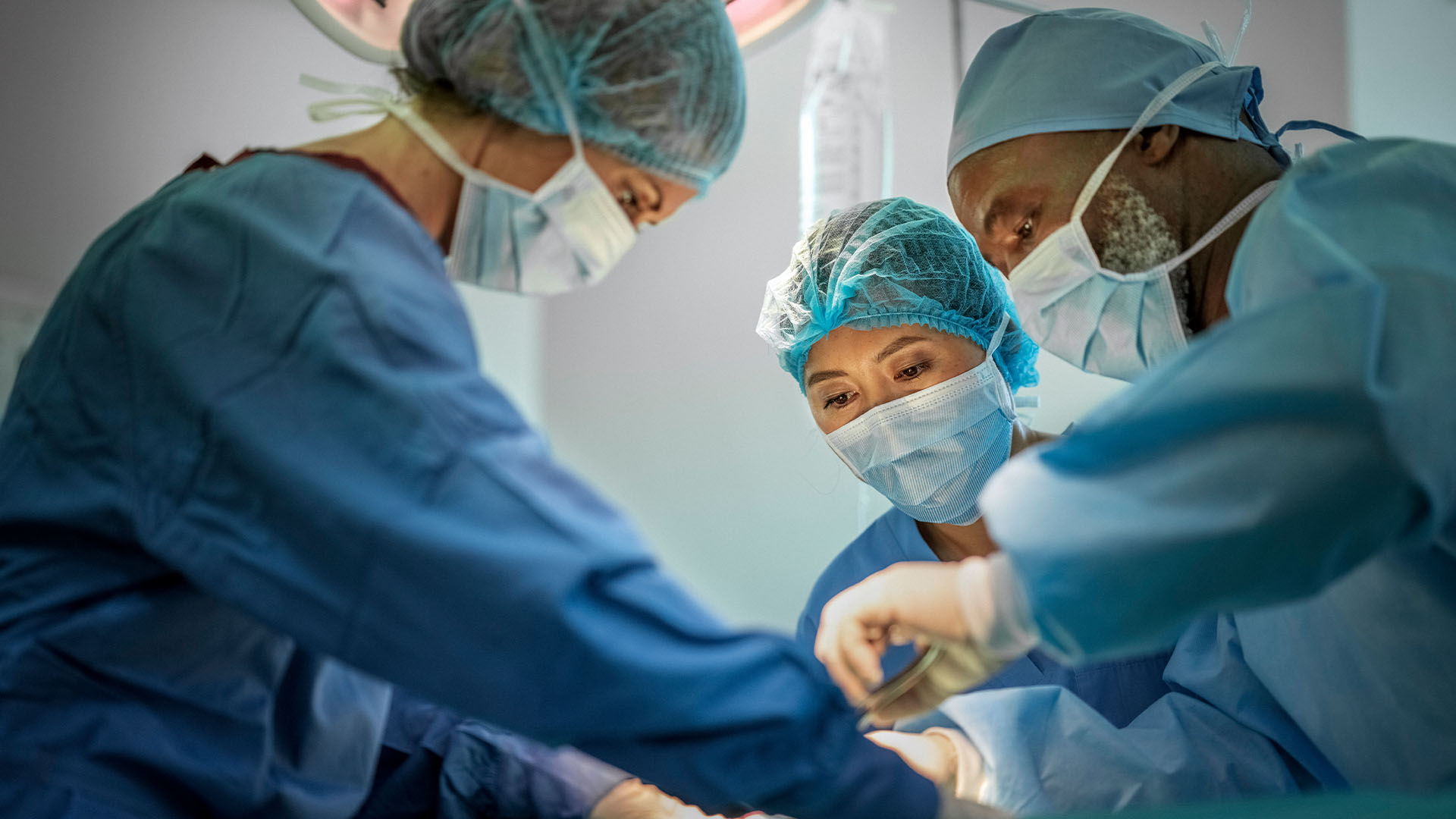
In a rare case, a girl's stomach folded over on itself, leaving her in crippling pain for two days and in need of emergency medical treatment.
The 12-year-old girl in Ethiopia had developed a rare and potentially life-threatening condition called gastric volvulus, in which all or part of the stomach rotates by more than 180 degrees. This caused her abdomen to become tender and swollen and stopped her from being able to pass stools or breathe properly.
Gastric volvulus kills between 30% and 50% of the patients it affects. It can cause the stomach to become completely obstructed, blocking the movement of food through the organ as well as the flow of blood and oxygen to the stomach and back to the heart, which can result in tissue death. Holes can also form in the folded stomach, causing blood and other fluids to leak out. This makes it even harder for the heart to pump blood around the body and can also lead to blood poisoning.
In the recent case, the girl survived the painful condition thanks to prompt diagnosis and surgical treatment, according to a report of her case, published Jan. 13 in the International Journal of Surgery Case Reports.
Related: 'Complete' twist of fallopian tube sent girl to hospital with sudden belly pain
First described in 1886, gastric volvulus is most often diagnosed in people over the age of 50 or in children under age 1. Although researchers aren't sure exactly how many people experience the condition, it is believed to be extremely rare, with the total number of reported cases running in the hundreds worldwide.
The condition is most commonly caused by a paraesophageal hernia, in which part of the stomach pushes into the chest cavity through an opening in the diaphragm — the dome-shaped muscle that supports the expansion and contraction of the chest during breathing. These hernias, which can be caused by structural abnormalities during development or by traumatic injuries to the diaphragm, can make the stomach vulnerable to twisting.
In the girl's case, her gastric volvulus resulted from the stomach folding over on itself like a clam shell shutting, which occurs in about one-third of patients with gastric volvulus. Such cases are more likely to be seen in young children and are caused by looseness in the ligaments that normally anchor the stomach in the abdomen, the authors wrote in the case report. Specifically, the ligaments that attached the girl's stomach to the horizontal, middle portion of her large intestine were unstable, they wrote.
Gastric volvulus is normally diagnosed using imaging techniques, such as computed tomography (CT) scans or X-rays. However, in the girl's case, the CT scanner in the hospital wasn't working, the case report authors noted. After initial examinations of her abdomen, doctors rushed the girl straight to the operating theater without doing any imaging and diagnosed her in the course of surgery.
Once diagnosed, gastric volvulus is usually treated by surgically untwisting the stomach and securing it to the abdominal wall to prevent any future folding. In high-risk cases, doctors may also relieve the pressure in a patient's stomach using a tube inserted through their nose, as was the case with the girl in this report.
Six days after her surgery, she was able to leave the hospital.
This article is for informational purposes only and is not meant to offer medical advice.
Ever wonder why some people build muscle more easily than others or why freckles come out in the sun? Send us your questions about how the human body works to community@livescience.com with the subject line "Health Desk Q," and you may see your question answered on the website!







